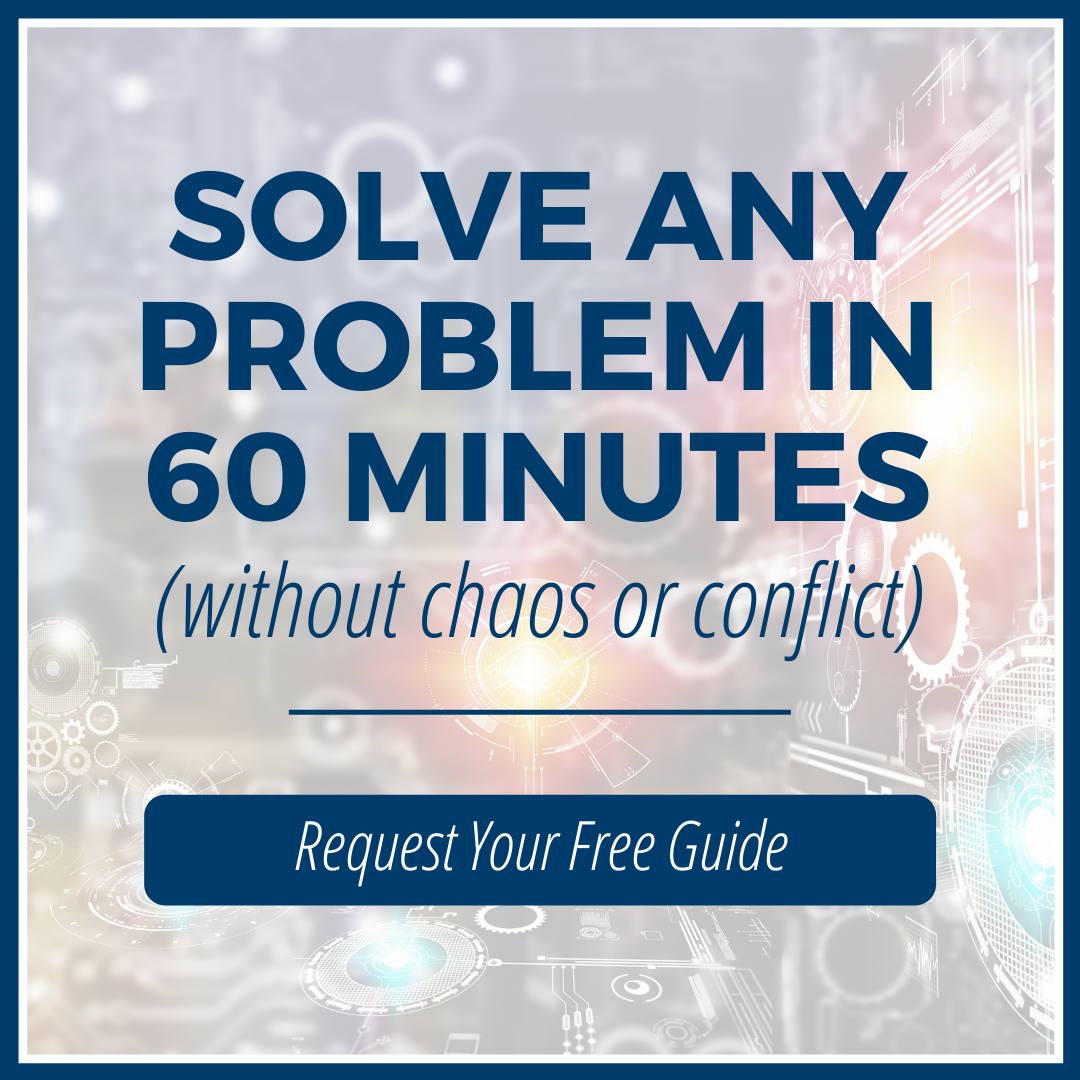As we move through the dangers of the coronavirus epidemic, human impatience is resisting the seemingly endless shut down of businesses and freedom of movement. We think and feel the pain of the restrictions of stay-at-home while wondering how long this will last. This discomfort of loss of close contact with family and friends as well as the inconvenience of not socializing, shopping, and moving about borders on grief, the questioning of why we have to go through this.
David Kessler, who unintentionally became an expert and specialist on grief because of the suicide of his 21-year old son, suggests that the deprivation we are experiencing with the fall out of the Covid-19 epidemic is the grief that underlies our sense of loss. We are separated from friends and family and from our work colleagues; this is a painful loss and we are grieving those losses. We have all experienced loss over the course of our lives since childhood – the loss of a favorite stuffed animal, the loss of a pet, the loss of a friend, multiple losses if we moved from a neighborhood, etc. We never get used to losses, though time makes memories fade.
David Kessler worked extensively with Elizabeth Kubler-Ross and with her came to propose a sixth stage of grief, meaning that follows acceptance; the 5 stages are in no fixed order: denial, anger, bargaining, depression, acceptance. People float in and out of these stages over their process of grieving. Kessler’s sixth stage was finding meaning beyond grief, not in the tragedy of death, but in the meaning of life both of the person grieved as well as in the life of the surviving griever who continues to live.
Nevertheless, those losses were disruptive at the time of occurrence. Today, our loss is the disruption of what we were used to – our normalcy, the rhythm of each day, whatever that might have been. What was predictable has now become unpredictable, full of uncertainty, seemingly chaotic and extremely ambiguous. Everything has changed and it is different and unique to each of us even as death is unique.
Drs. Gloria and Heidi Horsley (mother and daughter therapists) interviewed David Kessler in the YouTube Coronavirus, Grieving the World We Lost that insightfully addresses our present reality. “It is grief we are feeling; it is a selective grief… It is almost like a sudden death.” Kessler explains this as anticipatory grief that is in reality the anxiety of our present moment of uncertainty. Please watch this insightful YouTube; Dr. Heidi Horsley has the virus and talks about it.
Rather than explain the ‘why’ of this grief it is better to look at ‘how’ we handle our situation. It could be a helpful process to mindfully consider the Kubler-Ross five stages of grief. If you can’t deny the reality of Covid-19, name your anger about it and consider if it’s mixed with some depression. You might be upset about not socializing with friends but think about how highly contagious this virus is and how easily communicated it could be. Reflection beyond our immediate location puts us in touch with the reality of the worldwide reach of Covid-19. This is the value of mindfulness and meditation.
While cooped up, time alone is ideal for meditation, the process of diving deep into oneself to experience the richness of the moment in an awareness of one’s consciousness and the joy of being alive in one’s fullness of life. This is the search for meaning Kessler suggests in the grief process beyond acceptance; this is likewise the meaning of Viktor Frankl’s “Man’s Search for Meaning”, which was the fruit of his meditations and reflections on his time in the Nazi concentration camp. Meaning found in oneself is the wealth of wisdom within each person’s life. We will survive Covid-19 and be wiser for the experience.




